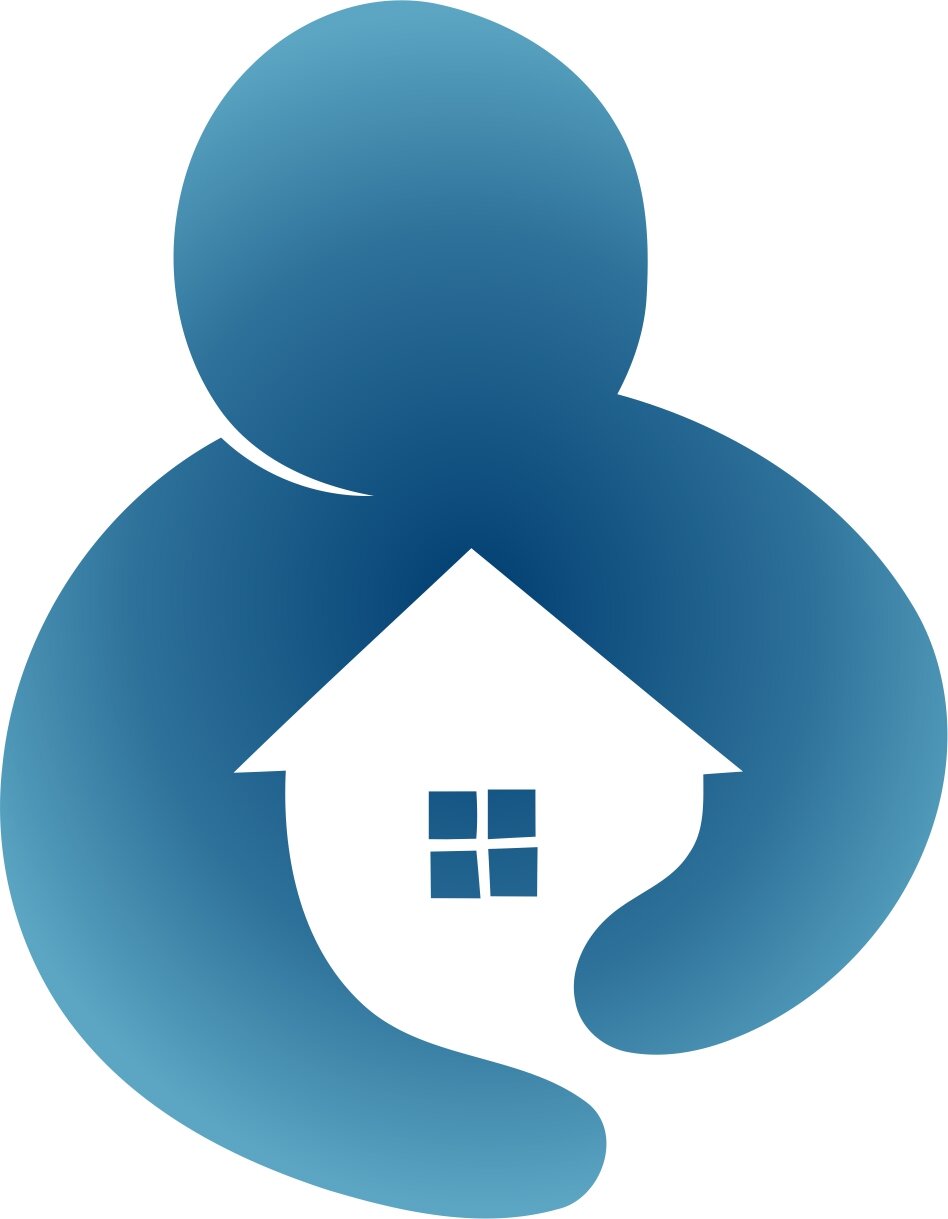Post Traumatic Stress Disorder
By Joelle Y. Jean, FNP-C
When Post Traumatic Stress Disorder (PTSD) comes to mind, you may immediately think of soldiers and veterans. But PTSD is one of the most common psychiatric disorders after a traumatizing event. The U.S. Department of Veterans Affairs reports that about 6% of the population will experience PTSD at some point.
As healthcare workers, patients or caregivers, many of us have or will experience PTSD. Do you think you’ve experienced PTSD? Sometimes we may not even know it. In this article, we will discuss what PTSD is, what are the signs and symptoms, treatment options and coping strategies.
What is PTSD?
The National Center for PTSD defined PTSD as:
“A mental health problem that some people develop after experiencing or witnessing a life-threatening event like combat, a natural disaster, a car accident or sexual assault.”
The COVID-19 pandemic caused many healthcare workers to suffer from PTSD. Many are still coping or left the profession. Patients and caregivers may also experience PTSD from past events in their lives.
Other causes of PTSD include:
● Learning about a violent or accidental death of a loved one or injury
● Natural disasters
● Terrorist attacks
How do I know I’m suffering from PTSD?
You may feel sad, scared, or anxious after experiencing or witnessing a life-threatening event. You may have trouble sleeping, eating, or going to work, but eventually, after a few weeks or months, you start to feel better. If you are experiencing intense and disturbing thoughts and flashbacks, you may have PTSD. PTSD also:
● Usually last longer than a few weeks or months.
● Affects your daily routine.
● May cause problems in your life.
● May come and go.
● Causes difficulty recovering after the event.
PTSD is also:
● Avoiding thinking about the event.
● The anniversary of when the event occurred causes you to become upset or distressed.
● Experiencing another traumatic event triggers you to react a certain way.
Speaking to a mental health care professional can help you learn more about your symptoms and address what you are experiencing.
Symptoms of PTSD
The American Psychiatric Association’s Diagnostic and Statistical Manual of Mental Disorders (DSM-5) categorizes PTSD into four symptoms. The four symptoms include:
Intrusion- thoughts such as flashbacks that may seem real, memories that enter your thoughts involuntarily, and distressing dreams.
Avoidance- avoiding thoughts or certain situations.
Negative changes in thoughts and mood- not remembering important details of the trauma or thinking you were the cause.
Alterations in arousal and reactivity- these symptoms may include irritability, angry outbursts, acting out or behaving recklessly.
If you experience one or any of these symptoms, you may be experiencing PTSD. A mental health care professional can diagnose you with PTSD and guide you to the right treatment.
PTSD Treatment
Many people who have PTSD may avoid treatment for several reasons. They may think they can treat it on their own. But many times, PTSD can get worse without treatment.
People with PTSD may also experience other mental health conditions like:
● Depression
● Anxiety
● Alcohol abuse
● Drug abuse
● Suicidal thoughts
● Thoughts of harming others
There are many treatment options for PTSD. They include:
● Trauma-focused psychotherapy
● Medications such as Selective Serotonin Reuptake Inhibitors (SSRIs)
● Support groups
● Support systems like family and friends
● Acupuncture
● Animal-assisted therapy
● Virtual reality exposure
Although there is no cure for PTSD, managing PTSD with proper treatment and support leads to successful outcomes. Many people feel they have better control over their symptoms after seeing a licensed mental health worker specializing in PTSD.
How to Cope with PTSD
There are other ways to cope with PTSD in addition to traditional treatment.
Stress management, meditation, exercise, and natural foods rather than processed foods are all healthy coping strategies. Isolation can worsen PTSD, so connecting with people you trust and are supportive can improve your mood.
Support groups are also another way to help cope with PTSD. Knowing that other people are going through the same or similar experiences as you can help with your anxiety, depression or thoughts that trigger PTSD.
Lastly, find a therapist you like and make sure they specialize in PTSD. You want a therapist you can talk to openly, ask questions and who is a good fit for you. The most important thing is that you feel comfortable.
For Healthcare Providers and Caregivers
If you are a healthcare provider or caregiver who has PTSD, depression or suicidal thoughts or you are caring for a patient experiencing this, know that you are not alone. Below is a list of helplines.
Helplines
Canada
● https://talksuicide.ca/community-resources
● Talk Suicide Canada (1-833-456-4566)
● Hope for wellness 1-855-242-3310
● Call 911 for immediate danger
United States
● National suicide prevention hotline 800-273-8255
● Substance Abuse & Mental Health Services Admin Helpline: 1-800-662-HELP (4357)
● National Center for PTSD website at: www.ptsd.va.gov
● For Veterans- http://www.va.gov/directory/guide/PTSD.asp
● Search for providers who specialize in PTSD- https://findtreatment.samhsa. gov/
● Veterans Crisis Line: 1-800-273-TALK (8255)
● National Veterans Foundation Hotline: 1-888-777-4443
● Gulf War Veterans Hotline: 1-800-796-9699
● National Alliance on Mental Illness Helpline: 1-800-950-NAMI (6264)
● Call 911 for immediate danger
Joelle Y. Jean, RN, FNP-C has been a nurse for over 10 years and Family Nurse Practitioner for over 3 years. She has a background in the pediatric emergency room, labor and delivery and primary care. Today, she is a senior nurse writer for nursejoural.org and is also a freelance nurse writer. She lives in New York with her husband, two adorable children, and cat, Zuzu.
